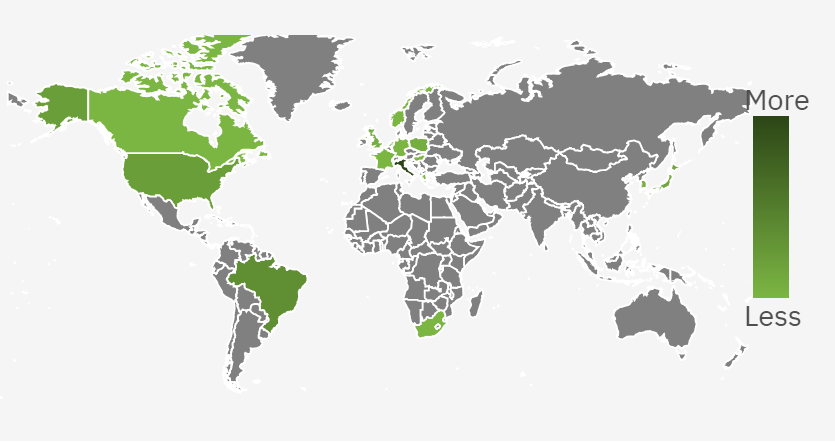 An open access journal
An open access journal
Advancing Education and Learning Technologies
Abstract
This paper explores the advancements in education and learning technologies driven by AI-driven engineering. Through case studies and research insights, it examines how artificial intelligence is transforming traditional educational practices, enhancing learning outcomes, and promoting personalized learning experiences. The study highlights the application of AI techniques such as adaptive learning algorithms, intelligent tutoring systems, and natural language processing in analyzing student data, providing personalized feedback, and facilitating mastery of complex concepts. Additionally, it discusses the integration of AI with virtual reality, gamification, and collaborative platforms to create immersive, engaging, and interactive learning environments. The paper also addresses challenges such as data privacy, algorithmic bias, and digital divide in the adoption of AI-driven engineering solutions in education. It emphasizes the need for pedagogical innovation, teacher training, and equitable access to technology to leverage AI's potential in advancing education for all learners.
Share and Cite
Article Metrics
References
- Baker, R. S., Corbett, A. T., & Aleven, V. (2008). More accurate student modeling through contextual estimation of slip and guess probabilities in Bayesian knowledge tracing. Proceedings of the 9th International Conference on Intelligent Tutoring Systems, 406-415.
- Clancey, W. J. (2016). Situated cognition: On human knowledge and computer representations. Cambridge University Press.
- Graesser, A. C., Chipman, P., Leeming, F. C., Biedenbach, S., Haynes, B. C., & Olney, A. (2005). Deep learning and emotion in serious games. Handbook of Research on Effective Electronic Gaming in Education, 1, 442-456.
- Kizilcec, R. F., Piech, C., & Schneider, E. (2013). Deconstructing disengagement: Analyzing learner subpopulations in massive open online courses. Proceedings of the Third International Conference on Learning Analytics and Knowledge, 170-179.
- Lajoie, S. P., & Azevedo, R. (2006). Teaching and learning in technology-rich environments. Handbook of Educational Psychology, 1, 803-821.
- Moreno, R., & Mayer, R. E. (2007). Interactive multimodal learning environments. Educational Psychology Review, 19(3), 309-326.
- Siemens, G., & Baker, R. S. (2012). Learning analytics and educational data mining: Towards communication and collaboration. Proceedings of the 2nd International Conference on Learning Analytics and Knowledge, 252-254.

